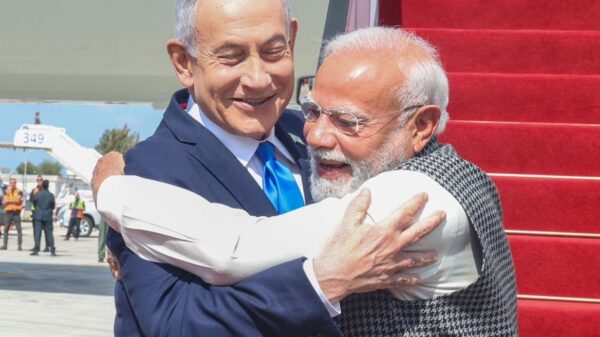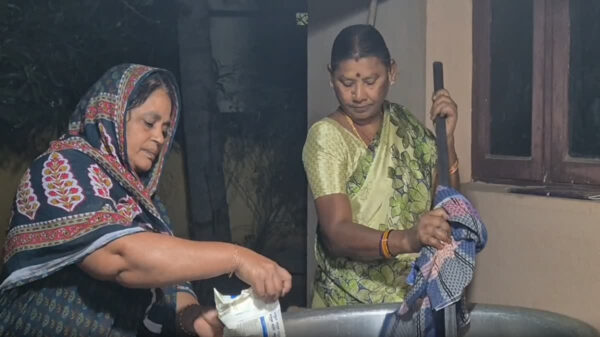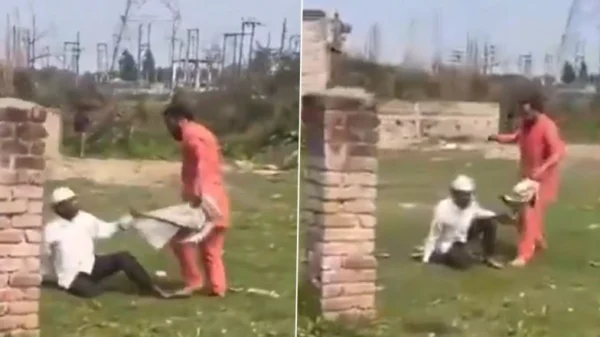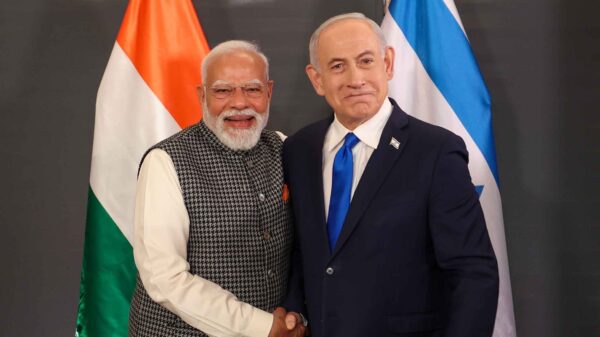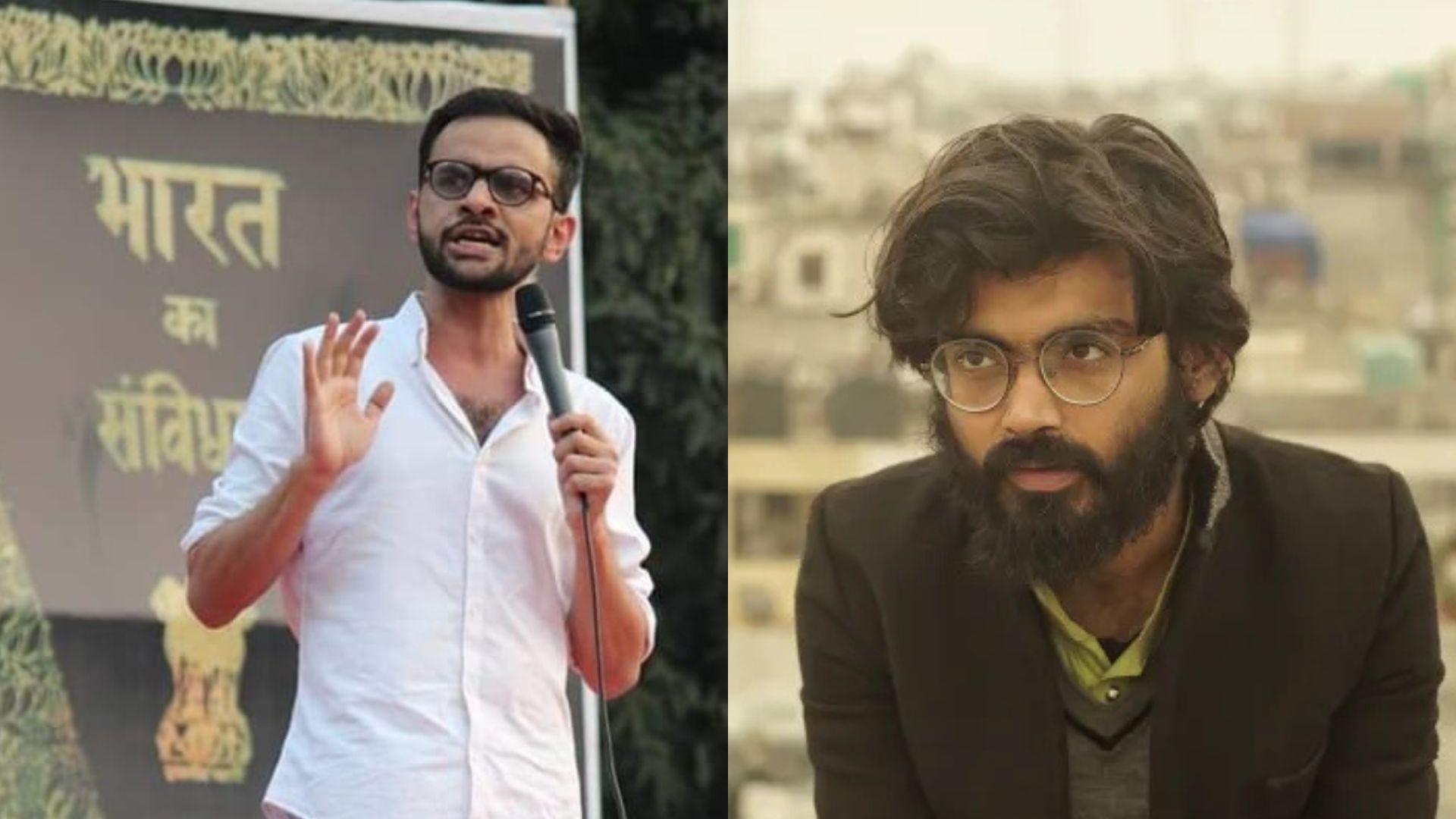The Delhi High Court is set to deliver its verdict on Tuesday on the bail pleas of activists Sharjeel Imam, Umar Khalid, and several others accused in a UAPA case linked to the alleged conspiracy behind the February 2020 Delhi riots.
A bench of Justices Navin Chawla and Shalinder Kaur, which reserved its order on July 9, will pronounce the decision at 2:30 pm. The court had heard arguments from both the prosecution and the defence before reserving the order on the bail petitions of Imam, Khalid, Mohd Saleem Khan, Shifa-ur-Rehman, Athar Khan, Meeran Haider, Abdul Khalid Saifi, and Gulfisha Fatima.
The prosecution has opposed the bail pleas, arguing that the riots were not spontaneous but the result of a “well-planned conspiracy.” Solicitor General Tushar Mehta told the court that the alleged conspiracy aimed to tarnish India’s image globally. “If you do anything against your nation, you better be in jail till you are acquitted,” he argued, adding that long incarceration alone could not be a ground for bail.
Defence lawyers, however, argued that their clients had no role in instigating violence. Counsel for Sharjeel Imam said he was “completely disconnected” from the riots and from other accused, including Umar Khalid. He stressed that Imam’s speeches and WhatsApp chats never called for unrest.
The accused have been charged under provisions of the Unlawful Activities (Prevention) Act (UAPA) and the Indian Penal Code for allegedly being “masterminds” of the riots, which claimed 53 lives and left over 700 people injured during protests against the Citizenship Amendment Act (CAA) and NRC.
Sharjeel Imam was arrested on August 25, 2020. Along with Khalid and others, he has been seeking bail by citing prolonged incarceration and parity with co-accused who were already granted bail.
The Delhi Police has maintained that the violence was the outcome of a “clinical and pathological conspiracy,” alleging that speeches by Imam, Khalid and others created fear through repeated references to CAA-NRC, the Babri mosque, triple talaq, and Kashmir. Police also argued that the seriousness of the offences meant the principle of “bail is the rule and jail is the exception” did not apply in this case.






